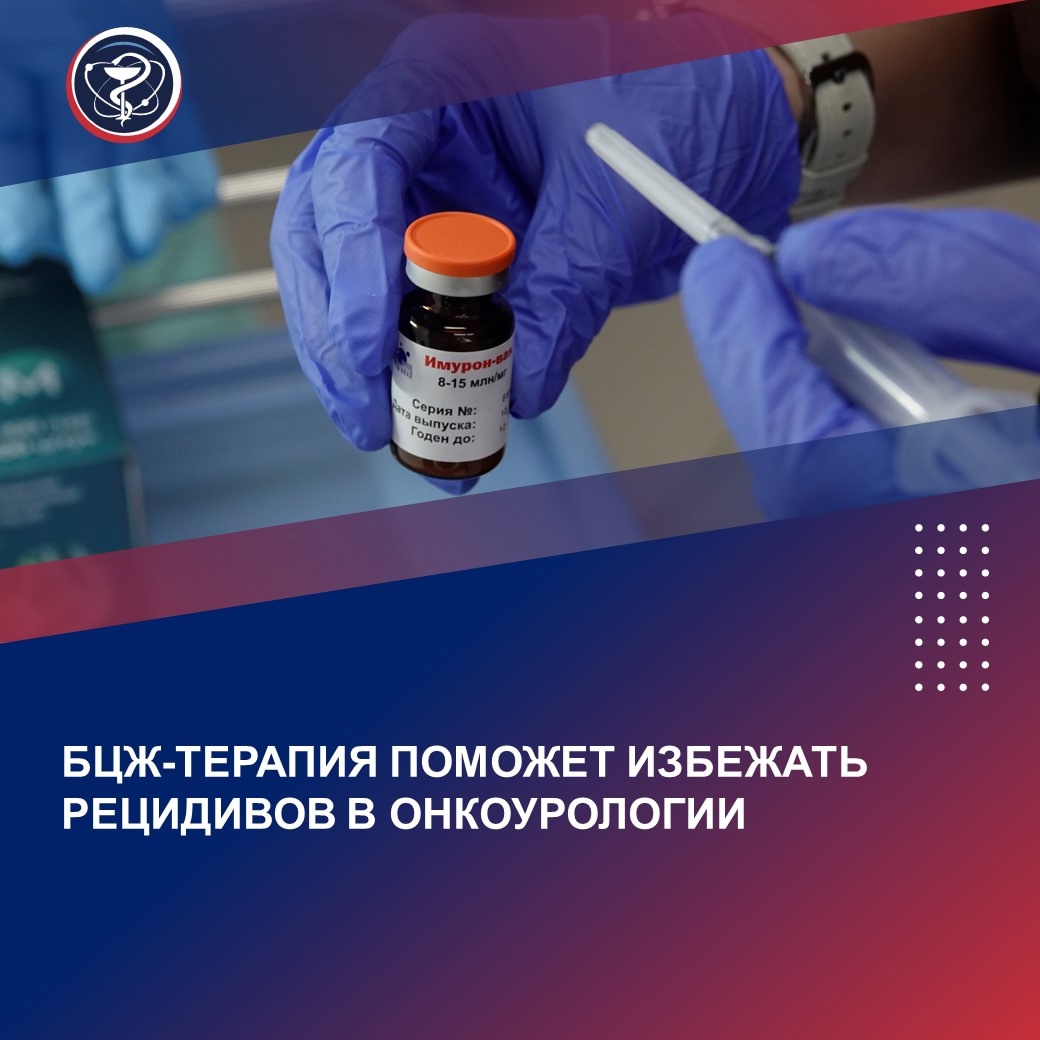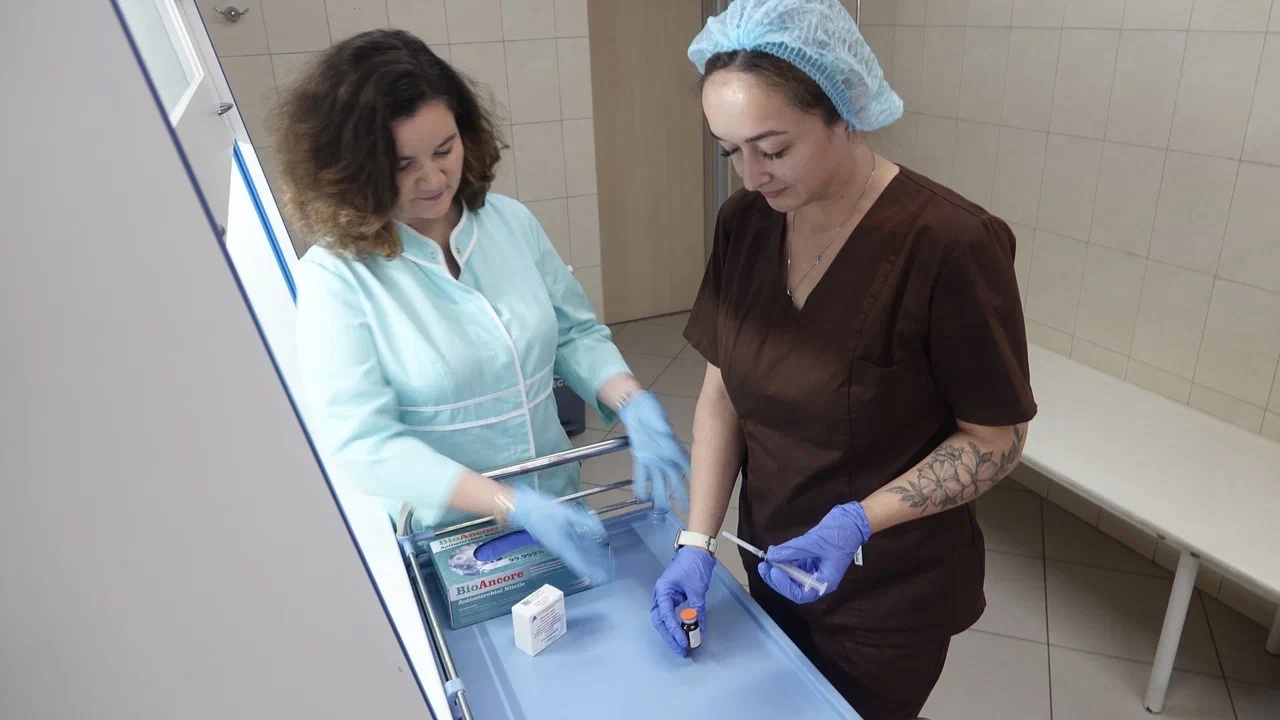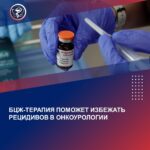BCG THERAPY WILL HELP AVOID RECURRENCE IN ONCOUROLOGY
Non-muscle invasive bladder cancer accounts for up to 75% of all newly diagnosed epithelial tumors of the urinary tract. The primary treatment method for this disease is transurethral resection of the bladder—an endoscopic surgery to remove tumor tissues using a specialized device.
Unfortunately, the disease has a high recurrence rate—up to 80% of all treated patients. To reduce the risk of disease progression, intravesical instillations, or, more simply, bladder washings with special chemotherapy or immunotherapy medications, are recommended. The National Medical Research Radiological Centre has introduced the anti-tumor medication “Imuron-Vac” into clinical practice. This medication was developed at the N.F. Gamaleya Research Center based on the BCG tuberculosis vaccine.
“At N. Lopatkin Scientific Research Institute of Urology and Interventional Radiology – branch of the Federal State Budgetary Institution of the “National Medical Research Radiological Centre” of the Ministry of Health of the Russian Federation, from January 2023 to the present, 56 patients have received the so-called BCG therapy and have responded positively to it,” says Irina Shevchuk, a leading researcher at the Department of Oncourology of the N. Lopatkin SRI of Urology and Interventional Radiology. “During the entire observation period, no recurrences of the disease were diagnosed in any of the patients. We have released a special manual on the use of the medication ‘Imuron-Vac,’ which we plan to distribute to as many specialized clinics as possible.”
“The medication is used to reduce the risk of tumor recurrence,” explains Irina Musaeva. “There are two approaches: the so-called induction course, which is usually applied as the first stage before prescribing a higher dose of chemotherapy, and maintenance therapy. Each has its own administration schedule, and the choice of method depends on the specific clinical case.”
Like any method, BCG therapy has contraindications. These include active or previously treated tuberculosis, a Mantoux test reaction size of 17 mm or more, immunodeficiency, acute cystitis, or macrohematuria (blood in the urine). Its use is not recommended in cases of bladder wall damage, upper urinary tract stents, or severe comorbidities in the acute stage.
BCG therapy is also limited in cases such as small bladder capacity (less than 150 ml) or a history of radiation therapy to the organ.
BCG therapy can be initiated no earlier than three weeks after transurethral resection or bladder biopsy.
Separate licensing for this therapy is not required, and treatment is covered by compulsory health insurance (OMS).






